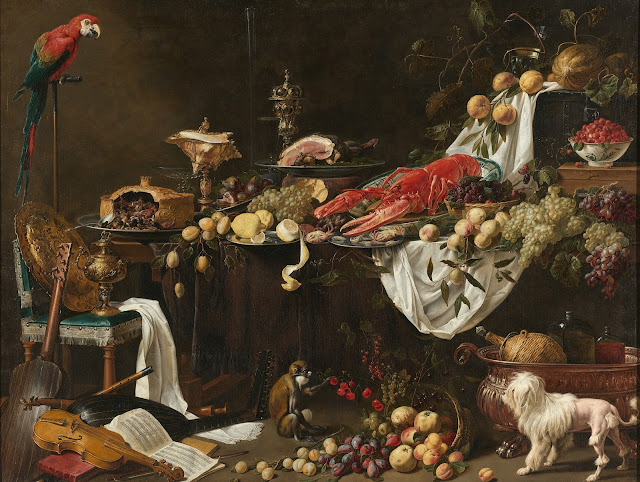Books Read June - Dec 2024
The Left Hand of Darkness - After years of owning this and one failed past attempt, I finished this classic. I should have done so earlier. Rework - Excellent exposition from the founders of 37 Signals on how to be lean and succeed in a boostrapped startup. Epilogue of Mahabharata - A collection of academic essays on how the Mahabharata came to us in its current form which challenges many of the ideas that we have taken for granted. The Stranger - My first taste of Camus. I've a few more lined up this year. Start Small, Stay Small: A Developer's Guide to Launching a Startup - 2024 saw me reading quite a few books on starting up a software company because I launched my own . The SaaS Playbook: Build a Multimillion-Dollar Startup Without Venture Capital - similar to the previous one. Stradivari's Genius One Cello, Five Violins, and Three Centuries of Enduring Perfection - Engaging story of 6 Stradivari instruments across the centuries. The Almanack of Naval Ravikant...

